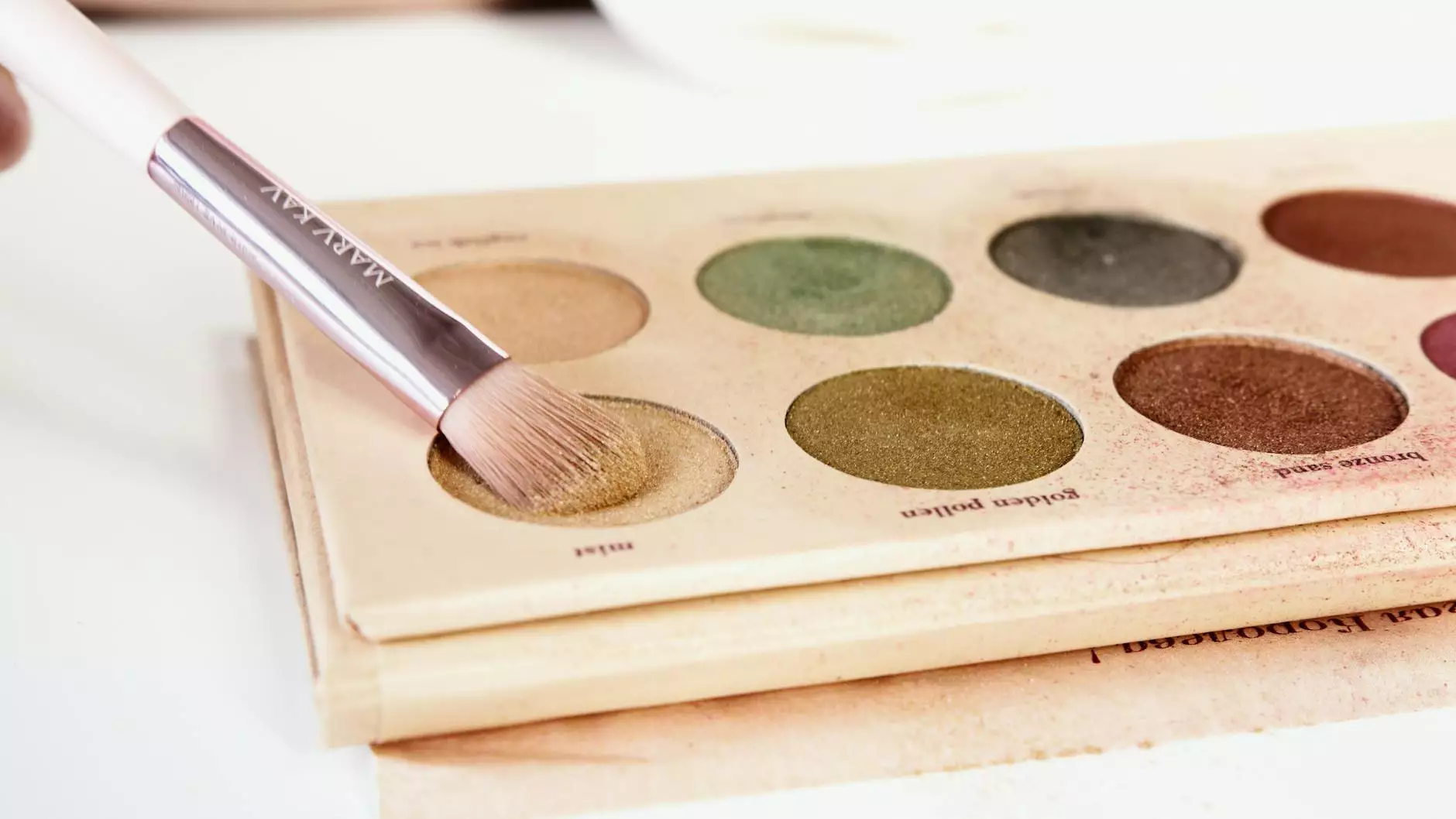Unlocking the Secrets to Successful Sales in Cosmetics

The cosmetics industry is a multi-billion dollar powerhouse that is constantly evolving, driven by rapid changes in consumer preferences, technological advancements, and marketing innovations. For businesses like awolove.com, being at the forefront of the cosmetics & beauty supply category means not only having a high-quality product lineup but also mastering the art of sales. This article will dive deep into the various aspects that contribute to successful sales cosmetics, ensuring that you can effectively engage your target market and achieve significant revenue growth.
The State of the Cosmetics Industry
The global cosmetics market has shown remarkable resilience and adaptability, particularly in light of recent economic challenges. The increasing demand for personal care products has led to significant growth opportunities for businesses within this space. With a projected compound annual growth rate (CAGR) of around 5.3% through the coming years, the need for effective strategies in sales cosmetics cannot be overstated.
Key Trends Influencing Cosmetic Sales
- Natural and Organic Products: Consumers are becoming more conscious of the ingredients in their cosmetics. There is a growing preference for natural and organic products, making it essential for businesses to adapt their offerings accordingly.
- Personalization: Tailored products and personalized marketing strategies are gaining traction. Customers appreciate brands that understand their individual needs.
- Digital Transformation: E-commerce platforms and social media are now pivotal in reaching potential customers. Successful sales cosmetics strategies must harness the power of digital tools.
- Sustainability: As environmental awareness rises, brands that prioritize sustainable practices in their product development and packaging are winning more customers.
Understanding Your Target Market
To master the art of sales cosmetics, it is crucial to have a deep understanding of your target audience. Who are they? What do they want? What influences their buying decisions? Through thorough market research, businesses can gather valuable insights that will shape their marketing strategies.
Demographic Analysis
When analyzing demographics, consider factors such as age, gender, income level, and location. Each segment has unique preferences and requirements that can dictate their purchasing behavior. For example:
- Younger Consumers: This group often embraces trends and values brands that emphasize social media presence and influencer partnerships.
- Middle-Aged Customers: They may focus more on quality and the effectiveness of products, seeking proven results rather than fleeting trends.
- Luxury Buyers: Income level can influence the desire for high-end products, necessitating a focus on exclusivity and premium offerings.
Creating a Compelling Brand Story
In the competitive field of cosmetics, a unique brand story can set your products apart. Consumers are more likely to purchase from brands they feel connected to. Your brand story should encapsulate your values, mission, and the unique benefits your products offer.
Elements of a Strong Brand Narrative
- Authenticity: Share your journey, the inspirations behind your products, and the challenges you’ve overcome. Authenticity builds trust.
- Values: Highlight commitments to sustainability, cruelty-free testing, or community support.
- Engagement: Encourage customers to share their experiences and become part of your brand story.
Effective Marketing Strategies for Cosmetics Sales
Once you understand your market and have crafted your brand story, the next step is to implement effective marketing strategies that will resonate with consumers and boost sales cosmetics.
Utilizing Digital Marketing Channels
With the rise of digital technologies, businesses in the cosmetics field must incorporate a variety of digital marketing strategies:
- Social Media Marketing: Platforms like Instagram, TikTok, and YouTube are vital for showcasing cosmetics products. Use visually appealing content, tutorials, and user-generated content to engage followers.
- Email Marketing: Personalized email campaigns can help keep your customers informed of new products, special promotions, and tips on how to use cosmetics effectively.
- Search Engine Optimization (SEO): Utilizing keywords related to sales cosmetics can help your business rank higher in search results, driving organic traffic to your site.
Influencer Collaborations
Partnering with influencers can exponentially increase your brand’s visibility. When well-chosen influencers promote your cosmetics, their followers are more likely to trust and purchase your products. Ensure that the influencer aligns with your brand values for an authentic promotion.
Optimizing Customer Experience
The experience a customer has with a brand can significantly influence their likelihood to purchase. Therefore, optimizing every touchpoint is crucial for boosting sales cosmetics.
Building a User-Friendly Website
Your website should be a seamless representation of your brand. It must be easy to navigate, visually appealing, and informative. Consider the following aspects:
- Mobile Optimization: With a significant portion of online shopping done via mobile devices, ensure your site is responsive.
- Fast Loading Times: Customers are less likely to wait for slow websites.
- Clear Product Descriptions: Provide detailed information about the benefits and uses of cosmetics products to aid purchasing decisions.
Customer Engagement and Support
Engagement doesn’t end after the sale. Create opportunities for ongoing interaction with customers:
- Follow-Up Emails: Send emails post-purchase to thank customers and encourage reviews.
- Customer Support: Make sure your customer service is easily accessible and responsive to inquiries and complaints.
- Loyalty Programs: Introduce loyalty programs to reward repeat customers, enhancing their lifetime value to your brand.
Measuring Success and Adjusting Strategies
To truly excel in sales cosmetics, continuous improvement is key. Utilizing analytics tools to measure the effectiveness of your marketing campaigns and sales strategies can provide invaluable insights.
Analyzing Key Performance Indicators (KPIs)
Some KPIs to track include:
- Revenue Growth: Monitor overall sales and profitability.
- Customer Acquisition Cost: Calculate how much it costs to acquire a new customer to ensure you're investing wisely.
- Conversion Rates: Analyze how many visitors to your website end up making a purchase.
Regularly reviewing these indicators allows you to identify areas for improvement and adjust your strategies accordingly. The cosmetics industry is always evolving, and staying adaptable will be your competitive advantage.
Conclusion: Embrace the Future of Cosmetics Sales
As we have explored, navigating the world of sales cosmetics involves a multifaceted approach that marries understanding the landscape with effective marketing strategies, customer engagement, and constant optimization. By implementing these insights, businesses like awolove.com can position themselves for success in this dynamic and lucrative industry.
Remember, staying informed about industry trends, listening to your customers, and adapting to their evolving preferences are all critical components of long-term success in the cosmetics market. Start your journey today, and watch your sales flourish!



